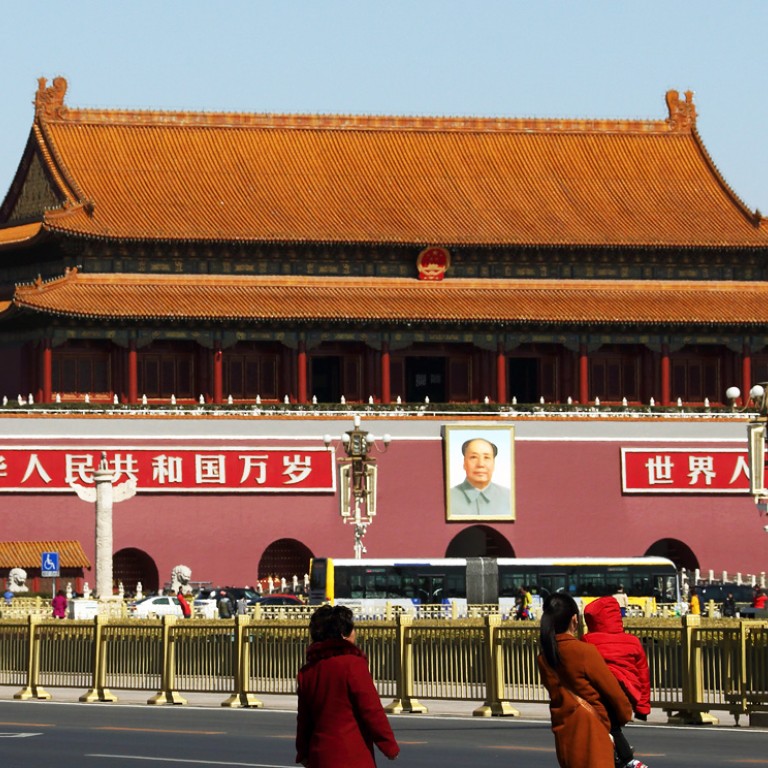
China denies seeking veto power over proposed new lender
Vice-finance minister says Beijing doesn't 'seek or forgo' the power, after reports it offered to cede authority to lure European members
China had not sought any power of veto over the new multilateral Asian Infrastructure Investment Bank (AIIB), a top finance ministry official said on Wednesday.
"It is an unfounded proposition that China seeks or forgoes veto power," vice-finance minister Shi Yaobin said.
"Every member's share will decline commensurately with the gradual increase in the number of the member countries," he said, repeating Beijing's position that "all interested countries, either inside or outside the region" were welcome to join.
His comments came after a report that Beijing had enticed major European nations to join the bank by offering to give up control over decisions.
In the past two weeks Britain, Germany, France and Italy have announced their intention to sign up for the China-led AIIB, despite US scepticism.

China has said the region's burgeoning infrastructure needs mean that there is plenty of room for the new bank.
The reported that as part of China's efforts to persuade the European countries to sign up over Washington's opposition, Beijing offered to give up authority over the bank's decisions.
It cited Chinese and European officials negotiating its establishment, and contrasted the position with the IMF, where the US has the final say on some decisions despite holding less than 20 per cent of its shares.
China and 20 other countries signed a memorandum of understanding in October to establish the Beijing-headquartered US$50 billion lender.
France is one of the European nations applying to join.
A Paris source told Agence France-Presse the AIIB's founding treaty was still being negotiated. "We came to the conclusion it was better to be one of the founding members and play a part in drawing up the treaty, rather than looking on from outside," the source said.
Australian Prime Minister Tony Abbott said on Wednesday that he supported the proposed AIIB as long as it was transparent and not run by a single country.
He said Australia would announce its decision. He said he expected sceptical countries, including the US and Japan, would also join if China gave the required assurances.
Abbott said he was having talks with US President Barak Obama and Japan's Prime Minister Shinzo Abe, both close allies, about the bank. Australia would join if it was confident the institution would have transparent governance and clear accountability, with decisions made by a multinational board, he said.
"A new multilateral bank to fund infrastructure, particularly in our region, could play a really important part for good in the years and decades to come."
ADB chief Takehiko Nakao has said his institution could cooperate with the AIIB and co-finance projects if standards for loans were met. "When it is formally established, co-financing would be a major way of complementing ... we'd like to proceed with co-financing [and other ways of cooperation]," he said.
